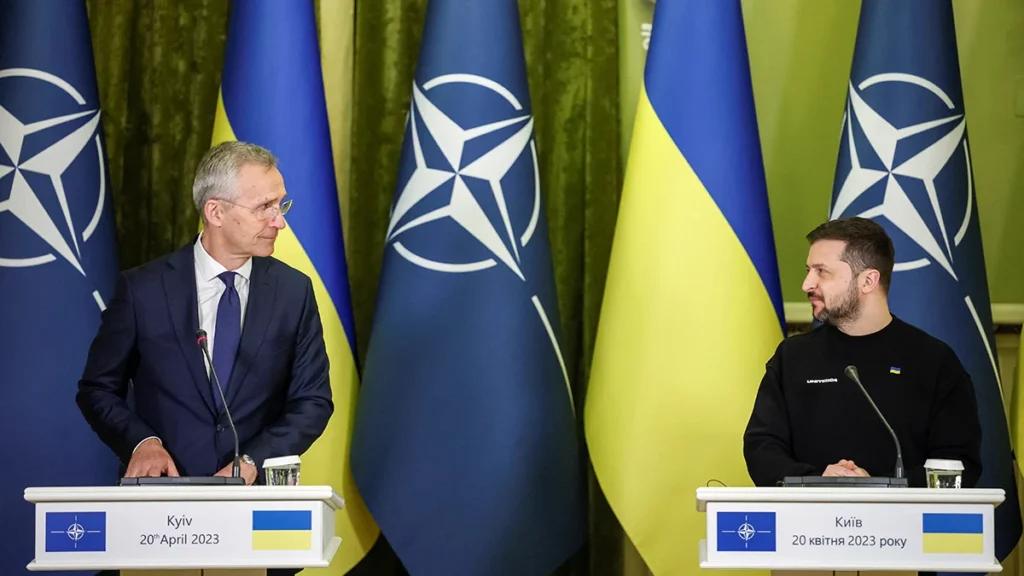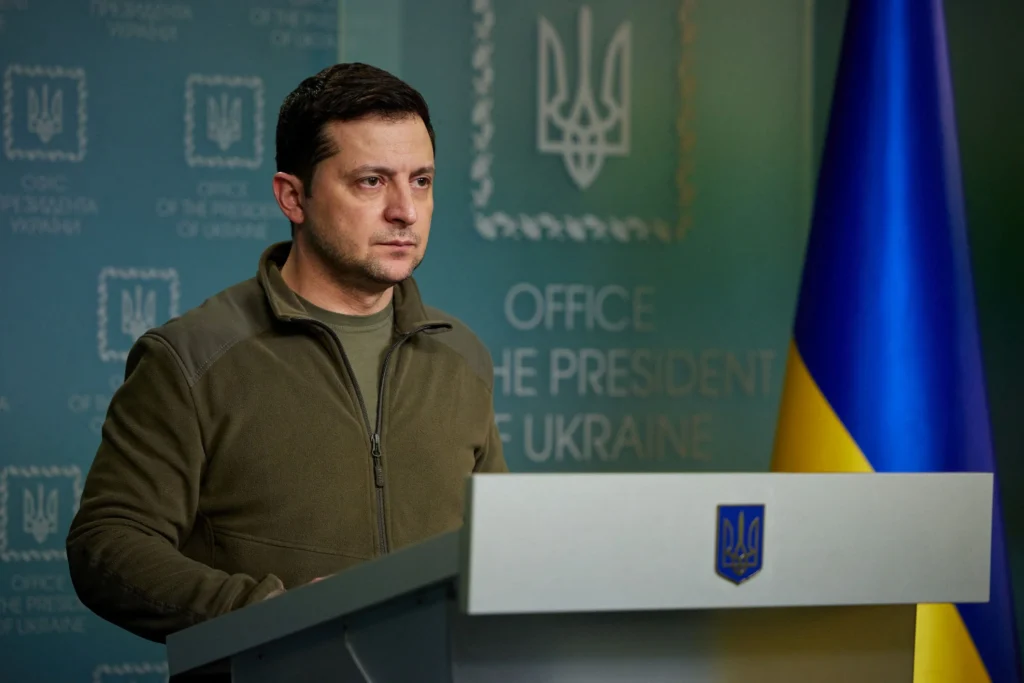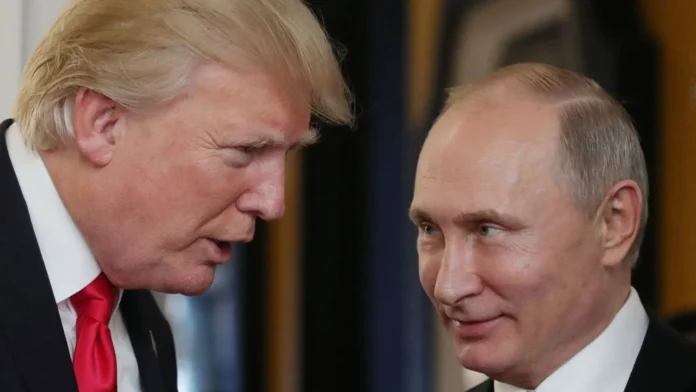Introduction
The Ukraine’s future is at the center of global discussions following a high-stakes phone call between U.S. President Donald Trump and Russian counterpart Vladimir Putin. As world leaders gather at the Munich Security Conference, NATO’s role, defense spending, and potential negotiations are under scrutiny. Here are five key takeaways from the latest developments.
1. NATO’s Defense Spending Under Pressure
U.S. Vice President JD Vance reinforced the demand for increased NATO defense spending ahead of a major European security meeting. With 23 out of 32 NATO members meeting the alliance’s 2% GDP defense target, Vance emphasized the need for greater European burden-sharing.
“We want NATO to be built for the future,“ said Vance, highlighting the U.S. focus on East Asia while encouraging European nations to take on more responsibility.
European Response
NATO Secretary-General Mark Rutte and German President Frank-Walter Steinmeier acknowledged the U.S. concerns, with Rutte stating:
“We have to grow up in that sense and spend much more.“
Meanwhile, European nations have been ramping up their own defense initiatives. Countries such as Germany and France have pledged increased military budgets, recognizing the shifting geopolitical landscape. Poland and the Baltic states have also expressed growing concern over Russian aggression, advocating for further military support from NATO.
2. Trump’s Ambiguous Stance on Ukraine
Trump’s conversation with Putin has raised concerns about U.S. support for Ukraine. His non-committal stance suggests potential territorial concessions in negotiations with Russia.
“The Ukraine war has to end,“ Trump stated, criticizing ongoing military aid and emphasizing a negotiated settlement.
This approach has left European allies uncertain, questioning NATO’s post-WWII security framework and potential cuts in U.S. assistance.
European Concerns
European leaders, including French President Emmanuel Macron, have voiced strong opposition to any territorial concessions. Macron warned that ceding Ukrainian territory to Russia would set a dangerous precedent, potentially encouraging further aggression from Moscow.
3. Ukraine’s NATO Membership in Question

Trump and U.S. Defense Secretary Pete Hegseth signaled skepticism regarding Ukraine’s NATO aspirations.
“I don’t see any way that a country in Russia’s position could allow Ukraine to join NATO,” Trump declared.
In contrast, British Prime Minister Keir Starmer reassured Ukrainian President Volodymyr Zelenskyy that Ukraine must be allowed to join NATO.
Ukraine’s Response
Zelenskyy emphasized that Ukraine remains committed to NATO membership, viewing it as essential for national security. He also pointed out that Western security guarantees must be ironclad to prevent future Russian aggression.
4. U.S. Eyes Ukraine’s Rare Earth Materials
Reports indicate that Trump seeks access to Ukraine’s rare earth materials as a condition for continued U.S. support.
JD Vance, when asked if a deal could be finalized at the Munich conference, responded: “We’ll see.“
Rare earth materials are crucial for high-tech industries, including military technology, renewable energy, and advanced electronics. Control over these resources could significantly impact global supply chains, making this a strategic bargaining chip in negotiations between the U.S. and Ukraine.
Strategic Importance
Ukraine possesses some of the world’s richest deposits of rare earth minerals, making it a valuable asset in global geopolitics. Both the European Union and China have expressed interest in securing access to these resources, raising further geopolitical tensions.
5. U.S. Military Action Still on the Table
In an interview with the Wall Street Journal, Vance hinted at potential sanctions and military measures if Putin refuses a settlement ensuring Ukraine’s long-term independence.
“Military options remain on the table,” Vance warned, marking a stronger stance from the Trump administration despite its overall push for diplomacy.
Potential Consequences
Military analysts suggest that U.S. intervention could take the form of increased arms shipments, military training for Ukrainian forces, and possibly even a NATO-led peacekeeping mission. The Pentagon has already signaled that any Russian advances would be met with further military support for Kyiv.
Zelenskyy’s Response

Zelenskyy made it clear that Ukraine will not accept agreements made without its direct involvement.
“We cannot accept it, as an independent country, any agreements made without us,” he stated while visiting a nuclear power plant in western Ukraine.
Zelenskyy also reinforced Ukraine’s commitment to maintaining its territorial integrity, stating that no nation should be forced to give up land as a condition for peace.
Conclusion
The Ukraine war remains a geopolitical flashpoint, with Trump’s negotiations, NATO’s defense strategy, and Ukraine’s future at stake. As Europe seeks greater independence from U.S. security guarantees, the world watches how these talks unfold.
What’s Next?
Diplomatic talks are expected to continue in the coming months, with potential implications for global security. NATO leaders are set to convene again to discuss next steps, while Ukraine continues to push for military aid and strategic partnerships.
Stay updated as new diplomatic moves, defense strategies, and international responses emerge.


